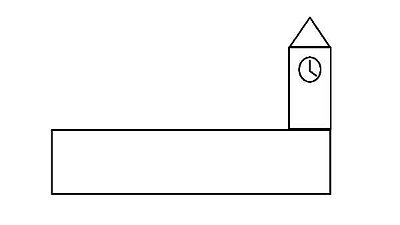1. Pyrrhus (319 BC - 272 BC) defeated the Romans twice, but not without the loss of many of his officers and veterans. Which small kingdom did he command?
From Quiz E Is For Epirus
Answer:
Epirus
Pyrrhus became king of Epirus, on the west coast of Greece, in 306 BC. At that time several former generals of Alexander the Great fought for influence in the Middle East, and Rome was slowly conquering the Italian mainland on the Greek colonies and local tribes. In 280 BC the Greek colony Tarentum invoked the help of Pyrrhus, and he came with a large army. But after two heavy battles, Pyrrhus had lost most of his veterans and generals, while the Romans started calling up other legions. Pyrrhus would then have made the comment "Another victory against the Romans and we're lost". Pyrrhus then tried his luck against the Carthaginian settlements on Sicily, but to no avail.
In 275 BC Pyrrhus retreated to Greece, briefly became king of Macedon, and tried to subdue the Peloponnesus. He was killed in Argos, and soon after Pyrrhus' death the Romans subdued Tarentum.
Eleusis was a town in Boeotia, near Athens. Epidaurus was an independent city in the Peloponnesus, near Argos and Mycenae. Euboea was (and still is) a large island to the north of Attica and Athens.
 This quiz features ten questions dealing with 17th century European history.
This quiz features ten questions dealing with 17th century European history.  Quick Question
Quick Question = Top 5% Rated Quiz,
= Top 5% Rated Quiz,
 Top 10% Rated Quiz,
Top 10% Rated Quiz,
 Top 20% Rated Quiz,
Top 20% Rated Quiz,
 A Well Rated Quiz
A Well Rated Quiz